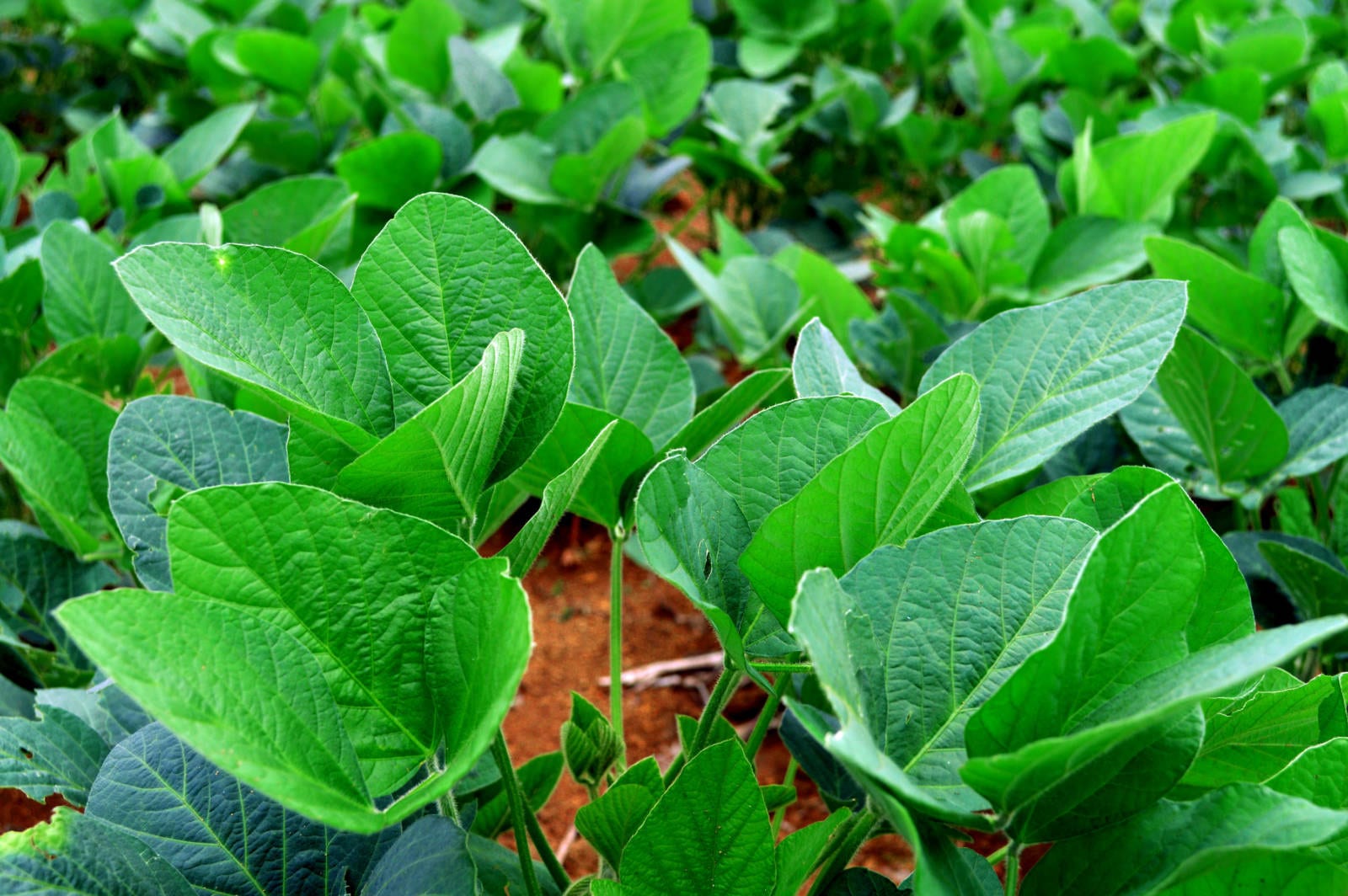When the state of Delaware’s soybean farmers began planting last spring, they did so sustainably with the environment in mind.
Based on statistics from the United Soybean Board’s “Soy Sustainability” report released in early 2017, Delaware soybean farmers produced 5.5 million bushels on 175,000 acres, averaging 32 bushels per acre in 2010. By 2015, through the responsible use of technology and implementing efficiencies in how they farm, they were able to produce 6.9 million bushels on 173,000 acres, averaging 40 bushels per acre.
That’s a 25 percent increase in bushels produced and on fewer acres. And they’ve done so while reducing their impact on the environment. Since 2010, they’ve:
- Reduced water use per acre irrigated by more than 22 percent
- Reduced energy use per bushel produced by 12 percent
- Reduced the number of acres needed to produce one bushel of soybeans by 25 percent
- Reduced soil erosion per bushel produced by a third and
- Reduced CO2 emissions per bushel by 24 percent
“A high-quality and high-yielding soybean harvest and a healthy environment are not mutually exclusive. At the center of them is a sustainable farm,” says Jay Baxter, Chairman of the Delaware Soybean Board and soybean farmer from Georgetown, Delaware. “We work hard to produce soybeans more efficiently each year, while reducing our impact on the environment, all with our neighbors and future generations in mind.”
The statistics were compiled by the United Soybean Board’s Sustainability program using data collected by the U.S. Environmental Protection Agency and U.S. Fish & Wildlife Service, among other sources.
U.S. soybeans produced in Delaware provide food, feed, and products end users probably don’t realize that they use every day. Those include feed for the poultry and livestock industry, healthier soybean oils for salad dressing and deep-frying, and new more sustainable plastics and printing inks.
Delaware soybean farmers now plant about 180,000 acres per year, harvesting more than 6.9 million bushels and contributing $60 million to Delaware’s economy.
This story originally appeared on the website of the Delaware Soybean Board, which consists of nine farmer-directors and the Secretary of Agriculture. Funded through a one-half of one percent assessment on the net market value of soybeans at their first point of sale, the checkoff works with partners in the value chain to identify and capture opportunities that increase farmer profit potential.
